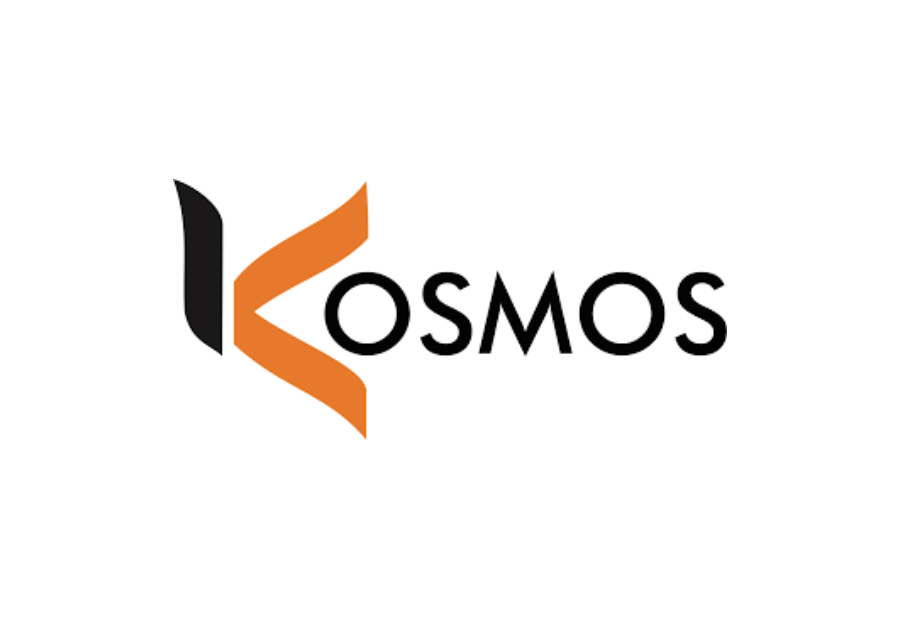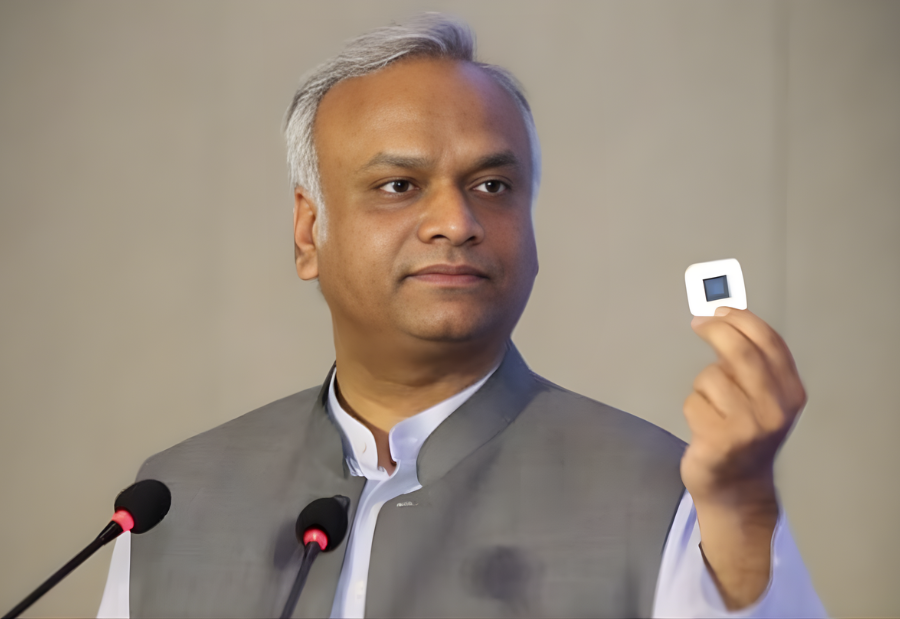Artificial intelligence is taking a major leap in scientific discovery with the launch of Kosmos, a next-generation AI Scientist designed to accelerate research. Kosmos is managed by a new commercial spin-off, which will offer a free tier for academic users while running the platform commercially.
Kosmos improves on earlier AI models by handling massive amounts of scientific information without losing focus. Traditional AI struggles to manage long and complex reasoning due to limited memory. Kosmos overcomes this using structured world models, allowing it to work through tens of millions of tokens and draw on data from hundreds of runs. A single Kosmos run involves reading about 1,500 scientific papers and executing over 42,000 lines of analysis code, completing in hours what could take a human scientist six months. Internal testing found nearly 80 percent of its conclusions to be accurate.
During testing, Kosmos made seven discoveries in neuroscience, materials science, genetics and ageing research. It reproduced three earlier human findings, including changes in nucleotide metabolism in hypothermic mice, factors affecting perovskite solar cell performance and mathematical rules for neuronal connectivity across species. It also produced four new insights, such as a potential role of the enzyme SOD2 in reducing heart fibrosis, a molecular explanation for lower Type 2 diabetes risk, a new method to study tau protein accumulation in Alzheimer’s, and age-related gene changes in certain neurons linked to vulnerability in Alzheimer’s. Several of these discoveries are now being validated in wet lab experiments.
Kosmos is priced at 200 credits per run, equivalent to $200, with some free access for academics. Unlike chatbots, it acts more like a scientific tool kit, and multiple runs may be required for certain projects as it can produce dead ends or statistically interesting but irrelevant results. Each conclusion is fully traceable to specific code or research passages, preventing the black box problem seen in many AI tools. Beta users noted that a single run could save several months of full-time research, aligning with the effort taken to reproduce three past human discoveries.
Also read: Viksit Workforce for a Viksit Bharat
Do Follow: The Mainstream formerly known as CIO News LinkedIn Account | The Mainstream formerly known as CIO News Facebook | The Mainstream formerly known as CIO News Youtube | The Mainstream formerly known as CIO News Twitter
About us:
The Mainstream formerly known as CIO News is a premier platform dedicated to delivering latest news, updates, and insights from the tech industry. With its strong foundation of intellectual property and thought leadership, the platform is well-positioned to stay ahead of the curve and lead conversations about how technology shapes our world. From its early days as CIO News to its rebranding as The Mainstream on November 28, 2024, it has been expanding its global reach, targeting key markets in the Middle East & Africa, ASEAN, the USA, and the UK. The Mainstream is a vision to put technology at the center of every conversation, inspiring professionals and organizations to embrace the future of tech.




